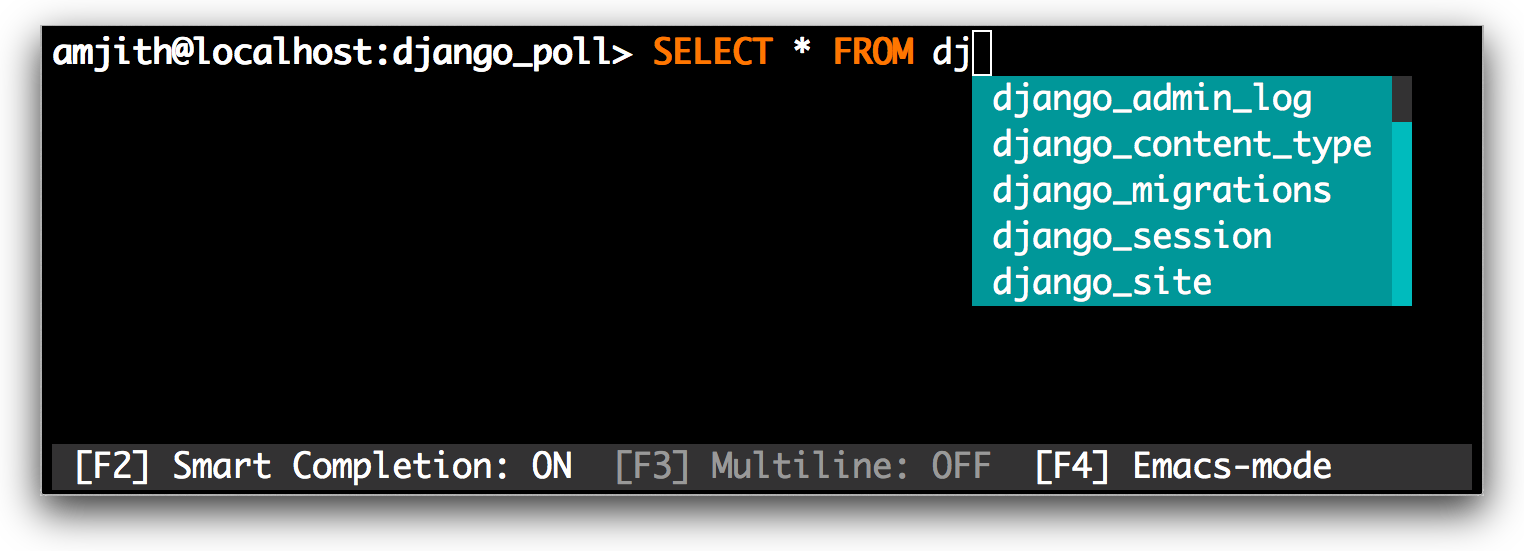分析一下用过的打印日志的log包
- Go标准库自带log, 这个log的func比较少, 没有区分level, 但足够简单, 有prefix功能, 可以设置flag来控制时间格式, caller的文件名和行数, 其它的标准包如 net/http database/sql 等也用了此包.
- 对自带的log进行包装, 加入level, 颜色. 如ngaut/log, 这个log star数并不多, 还是从最近很火的一个项目pingcap/tidb里看到的, 有点小清新的感觉, 但这个log可能只是为tidb使用的, 缺少自带log的一些方法, 导致没法使用在一些可以定制logger的第三方库如gorm中. 于是我fork了一下https://github.com/hanjm/log, 增加了一些方法, 以便可以给gorm用.
- 完全自己实现的log, 结构化输出, 通常是key=value或json, 有名的有logrus, zap等. 第一次看到logrus感觉美极了, 于是大量使用, 直到在关注tidb的时候收到带日志的issues邮件, 里面的日志带了caller, 感觉很有用, 于是去搜logrus的issue看有没有这个功能, 搜到了一个issuehttps://github.com/sirupsen/logrus/issues/63, 讨论了三年这个功能还没加上, 只好放弃美丽的logrus, 找到了替代品zap, zap的设计非常好, 定制性强. log是经常调用的代码, 每次调用不可避免地要进行内存分配, 分配次数和每次分配的内存大小将影响性能. 对log内容的处理也是一个涉及到性能的点, 像log.Printf参数是interface{}, logrus的field是map[stirng]interface{}, 打印interface{}只能靠reflect, Go是静态强类型语言, 用反射的开销相对比较大, 所以zap使用了手动指定类型的方式, 从zap提供的benchmark上开看, 性能提升还是蛮大的, 虽然相比logrus使用起来更麻烦, 但为了性能, 还是值得的.
总结
- 为了方便进行日志分析, 统一用json行日志, 这样用elk时可以免去定制正则表达式存储到elasticSearch的field中.
- net/http database/sql 及一些第三方包可能直接使用了标注库的log, 有个trick可以改变所有使用标准包log的行为, 通过
log.SetOutput(w io.Writer)来改变位置, w是一个实现了Write(p []byte) (n int, err error)方法的io.Writer即可. - runtime.Caller可以得到调用者的pc, 文件名, 文件行数, runtime.FuncForPC(pc).Name()可以得到pc所在的函数名, 对于debug非常有帮助. 但有一定性能开销, 所以方案是: 对于http server的access log, 没有必要使用带caller的日志, 而对于http api具体实现的函数内的log, 有必要记录caller, 而且光有文件名和行数还不够, 毕竟改了代码行数就变了, 而函数名一般不会变, 带上函数名会更直观.
- GitHub搜了一圈, 好多公司都会定制自己的log, 如tidb的ngaut/log, 七牛的qiniu/log, 饿了么的eleme/log, mailgun的mailgun/log, 是的, 我也造一个小轮子zaplog.zaplog是包装了zap, 带caller func name, 兼容logrus stdlog 的日志输出工具.
package zaplog |
 Github地址:
Github地址: